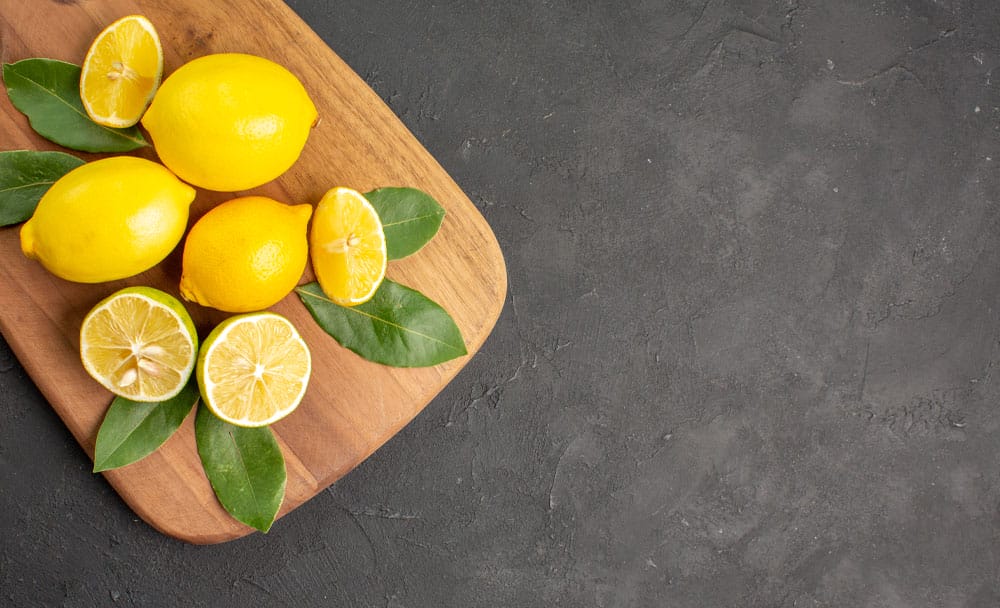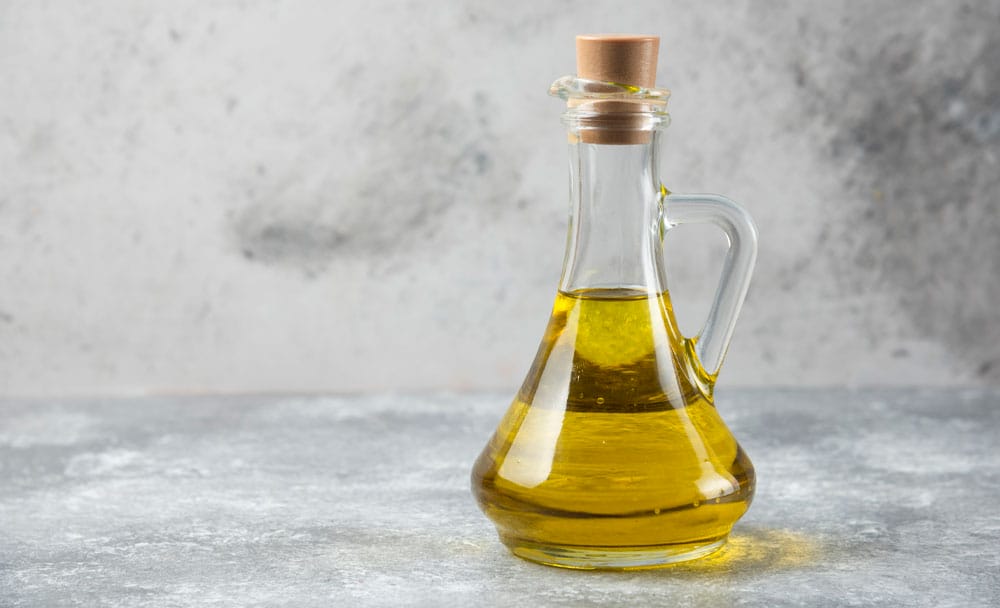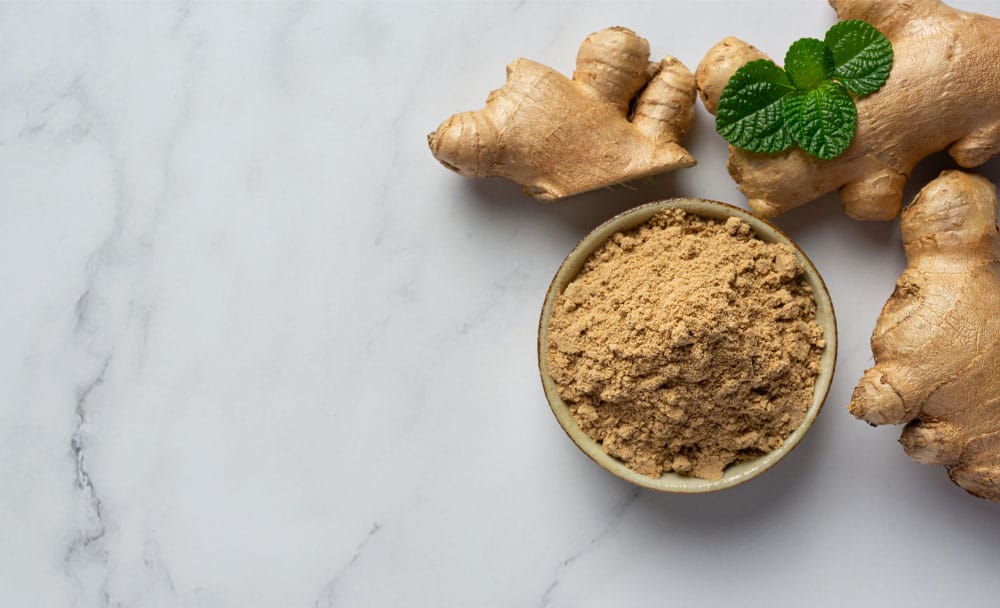
The lack of ability to smell can drastically impact the quality of your life. This condition is also known as anosmia.
Anosmia, which is a complete or partial loss of smell, came into the limelight as a common COVID-19 symptom. However, this condition has several causes, including rhinitis, cold, headache and stress, among others. In addition, it may be caused by the inflammation of the nasal mucosa, blockages in the nasal passages, or destruction of the temporal lobe.
Ayurvedic Understanding of Anosmia
Ayurveda calls this condition as “Grana Nasha.” Ghrana means smell, whereas Nasha means loss. This is essentially a Vatic complaint caused by lodgement of the vitiated Vata dosha in the site of Ghrana (or nostrils). Therefore, the capability of the Vata is lost, leading to anosmia (or gandhanasha).
Line of Treatment
Vatahara remedies are extremely useful for both systemic and local effect. Mild, unctuous, soft, and heavy medicaments are of choice when it comes to regaining the sense of smell.
- Nasya Treatment: Treatment with nasal drops comprising of Anu Taila and Shadbindu Taila is tremendously helpful when it comes to increasing the Vata Dosha.
- Dhoomapana: Herbal smoke and steams are also useful when the Kapha Dosha increases, marked by an increase in the collection of excessive phlegm.
- Vamana: This vomiting therapy is of great help when the Kapha Dosha increases excessively.
Do’s and Don’ts
Breathing exercises, Pranayama, Kapalabhati, adequate rest, and regular application of oil to the scalp are highly beneficial in treating Anosmia.
Smelling strong perfumes, exposure to dust, pollen and fumes, and other substances that can trigger an allergy need to be avoided. Repeated infections need to be reduced. Moreover, a cold-water head bath and exposure to breeze are to be avoided.
Effective Ayurvedic Remedies
- Garlic
Garlic is one of the best remedies to treat anosmia from cold. The powerful anti-inflammatory properties of garlic’s active constituent, ricinoleic acid, helps in reducing inflammation and swelling within the nasal passage. Moreover, because of its antibacterial properties, garlic helps in clearing out deposits of phlegm from the nasal route and eases breathing through the widening of the nasal passage.
Crush four to five cloves of garlic and add these to a cup of boiling water. Boil for approximately 2 minutes, with an added pinch of salt. Consume the mixture twice daily to restore your sense of smell.
- Lemon

A lemon’s high content of vitamin C and antioxidants as well as its strong anti-microbial properties are highly efficacious in treating infections that cause excessive deposits of mucus in the nasal passage followed by a blocked or runny nose.
Extract the juice of 1 lemon, mix it with a glass of warm water, and then add a teaspoon of honey. Consume this lemon tea twice daily to obtain relief from nasal and throat congestion.
- Castor Oil

Castor oil is highly recommended for treatment of anosmia. It is known to possess potent antioxidant, pain-relieving, and anti-inflammatory properties, which prohibit the growth of nasal polyps. It is highly effective in alleviating symptoms such as swelling and inflammation, caused by cough and cold, and re-establishing the sense of smell.
Opt for the Nasya treatment by administering a drop of warm castor oil in both nostrils. Practice this twice daily, once in the morning and once before going to bed to obtain quicker results.
- Mint Leaves
Mint is one of the best remedies to treat anosmia from cold. Mint leaves’ bioactive constituent, menthol, is known for its anti-inflammatory and anti-microbial properties, which play a key role in alleviating symptoms of cough and flu, which may lead to nasal congestion as well as congestion of the throat and chest cavity.
Boil roughly 10-15 mint leaves in 1 cup of water. Strain the mixture and then consume it after infusing it with a dash of honey to open a blocked nose and subsequently restore the sense of smell.
- Ginger

Ginger is highly recommended for treatment of anosmia. Gingerol, which is ginger’s active constituent, imparts the characteristic pungent flavour and aroma, which helps in stimulating the taste buds and enhancing the sense of smell. Moreover, being a natural expectorant, ginger demonstrates powerful antimicrobial and pain-relieving properties, which help in treating infections in the nasal passage and clearing out particles of rheum from the nose.
You can consume ginger by brewing it into a tea or by simply chewing a small, raw piece to enhance your sense of smell.
On a Final Note:
The five senses are indispensable to every human being. If an individual loses the ability to perceive one or many of these senses, it can lead to immense frustration. Unless structural deformity is the cause, Ayurveda has proven its efficacy in correcting this disorder to a maximum extent and has provided valuable insights on the anosmia causes and its treatment.
Disclaimer
This article is from a health and wellness perspective only and does not constitute medical advice. Kindly seek the help of a trained medical practitioner before initiating any treatment.
- References:
- Beneficial Effects of Daily Consumption of Garlic and Onion Extract Concentrate on Infectious Respiratory Diseases in Elderly Resident Volunteers. March 2023
- From nose to brain: The effect of lemon inhalation observed by whole brain voxel to voxel functional connectivity. August 2023
- Ricinus communis biocompatibility histological study in the nose of Cebus apella monkeys. October 2015
- Ginger extract versus Loratadine in the treatment of allergic rhinitis: a randomized controlled trial. April 2020
FAQ
What is Anosmia?
Anosmia is the medical term for the partial or complete loss of smell. It can be either temporary or permanent.
Can castor oil help treat Anosmia?
Castor oil, known for its anti-inflammatory properties, may help treat anosmia caused by nasal congestion. Applying a warm drop of castor oil in each nostril can help reduce swelling, but it should be used under medical advice.















so much fantastic information on here, : D.